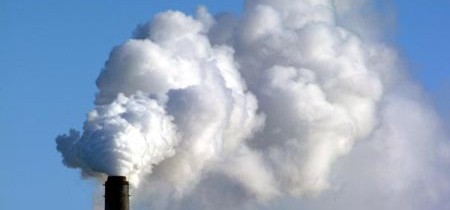C40 City Diplomacy Addresses Climate Change
The geopolitical configuration that emerged after the end of the Cold War has been redefining the world stage. In recent decades, we have observed the fall of decaying political superpowers, the territorial redesign of countries and institutions and were taken unawares with the meteoric ascent of emerging economies. The old binary system is long gone. In this increasingly multipolar arena, new players have risen onto the scene — the cities.
Read More






